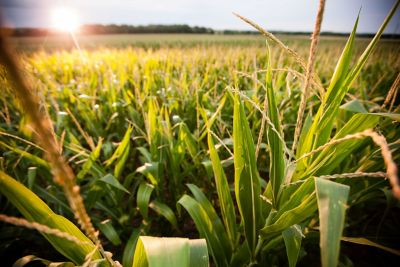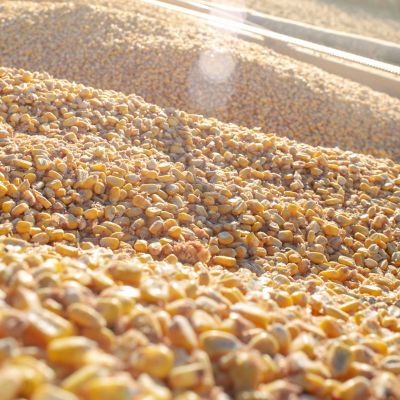Pioneer has been a leader in drought tolerance research for more than 50 years. To fit the high standard to become an Optimum® AQUAmax® product, hybrids must be tested in multiple drought testing locations over multiple years, achieve a 2% yield advantage as well as demonstrate parity performance versus the industry-leading checks in well-watered conditions.


Optimum® AQUAmax® Corn Hybrids
With proven performance, AQUAmax® hybrids offer the ideal solution to drought.
Source: 2022 performance data is based on an average of comparisons made in the United States through 11/09/22. Comparisons are against all competitors and within a +/- 3 CRM of the competitive brand. Competitive products are products other than those marketed and/or sold by a member of the Corteva Agriscience group of companies.
Product performance in water-limited environments is variable and depends on many factors, such as the severity and timing of moisture deficiency, heat stress, soil type, management practices and environmental stress, as well as disease and pest pressures. All products may exhibit reduced yield under water and heat stress. Individual results may vary.





